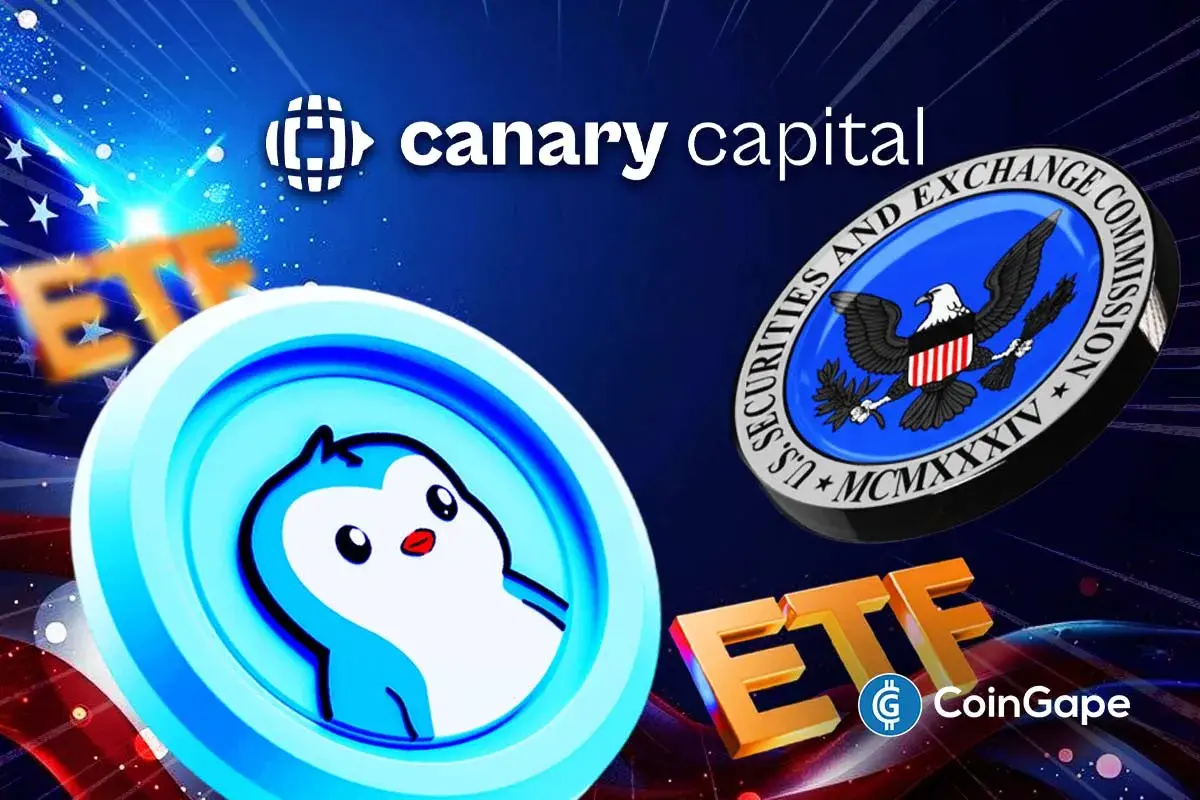South Korea Unveils Robust Regulations For Virtual Asset Protection

In a significant move towards fortifying the virtual asset landscape, South Korea’s Financial Services Commission (FSC) has released detailed regulations about the enactment of the Virtual Asset User Protection Act. Meanwhile, scheduled to come into effect on July 19, 2024, these regulations aim to establish a secure environment for users and foster integrity in the virtual asset market.
FSC Unveils Virtual Asset Protection Regulations
South Korea’s Financial Services Commission (FSC) has taken a formidable step towards safeguarding the virtual asset space with the unveiling of comprehensive regulations. The regulations, including the Enforcement Decree of the Virtual Asset User Protection Act and the Virtual Asset Industry Supervision Regulations, delineate specific measures for enhanced user protection and market stability.
In a recent press release, the FSC has broadened the spectrum of entities exempted from the Virtual Asset User Protection Act, introducing exclusions like deposit tokens linked to Central Bank Digital Currency (CBDC) and non-fungible tokens (NFTs). Notably, this strategic move aims to ensure the law’s applicability while accommodating evolving facets of the virtual asset landscape.
Meanwhile, the regulations emphasize the separation of user deposits from proprietary assets, mandating the designation of a trusted management institution. Notably, the Enforcement Decree designates banks as deposit management institutions, underscoring public trust and financial stability. With meticulous attention to detail, the regulations dictate precise methods for managing and utilizing user deposits, prioritizing user asset protection.
Additionally, in a bid to fortify security measures, the regulations stipulate that more than 80% of users’ virtual assets must be stored in cold wallets. This represents a heightened standard compared to the existing 70%, aiming to shield user assets from crypto scams, hacking, and other cyber threats.
Also Read: XRP Whale Dumps 23 Mln XRP As Price Slips Below $0.63, What’s Next?
What’s More?
Addressing potential crises, the regulations mandate virtual asset business operators to sign up for insurance or mutual aid, or accumulate reserves. This proactive approach aims to ensure responsibility for incidents such as hacking or computer failures, aligning with the overarching goal of fortifying the virtual asset ecosystem.
Meanwhile, with a focus on maintaining market integrity, the regulations establish specific points for disclosing undisclosed important information, tailoring the framework to the unique characteristics of the virtual asset market.
In addition, the regulations explicitly prohibit virtual asset business operators from arbitrarily blocking deposits and withdrawals without justifiable reasons. Exceptions are strictly defined, emphasizing user empowerment and protection against unwarranted disruptions.
Meanwhile, to develop a vigilant ecosystem, the regulations impose obligations on virtual asset exchanges to monitor abnormal transactions diligently. In cases of suspected unfair trade practices, swift reporting to regulatory authorities is mandated, signaling a commitment to market integrity and user protection.
Also Read: Here’s Why BTC, ETH, XRP Prices Fell Sharply Today
Play 10,000+ Casino Games at BC Game with Ease
- Instant Deposits And Withdrawals
- Crypto Casino And Sports Betting
- Exclusive Bonuses And Rewards

- Breaking: Morgan Stanley Applies For Crypto-Focused National Trust Bank With OCC
- Ripple Could Gain Access to U.S. Banking System as OCC Expands Trust Bank Services
- $2T Barclays Explores Blockchain For Stablecoin Payments and Tokenized Deposits
- Breaking: U.S. PPI Inflation Rises To 2.9%, BTC Price Falls
- XRP News: Ripple-Backed Ctrl Alt Completes $280M in Diamond Tokenization on XRPL
- Top Analyst Predicts Pi Network Price Bottom, Flags Key Catalysts
- Will Ethereum Price Hold $1,900 Level After Five Weeks of $563M ETF Selling?
- Top 2 Price Predictions Ethereum and Solana Ahead of March 1 Clarity Act Stablecoin Deadline
- Pi Network Price Prediction Ahead of Protocol Upgrades Deadline on March 1
- XRP Price Outlook As Jane Street Lawsuit Sparks Shift in Morning Sell-Off Trend
- Dogecoin, Cardano, and Chainlink Price Prediction As Crypto Market Rebounds

 Buy $GGs
Buy $GGs

















